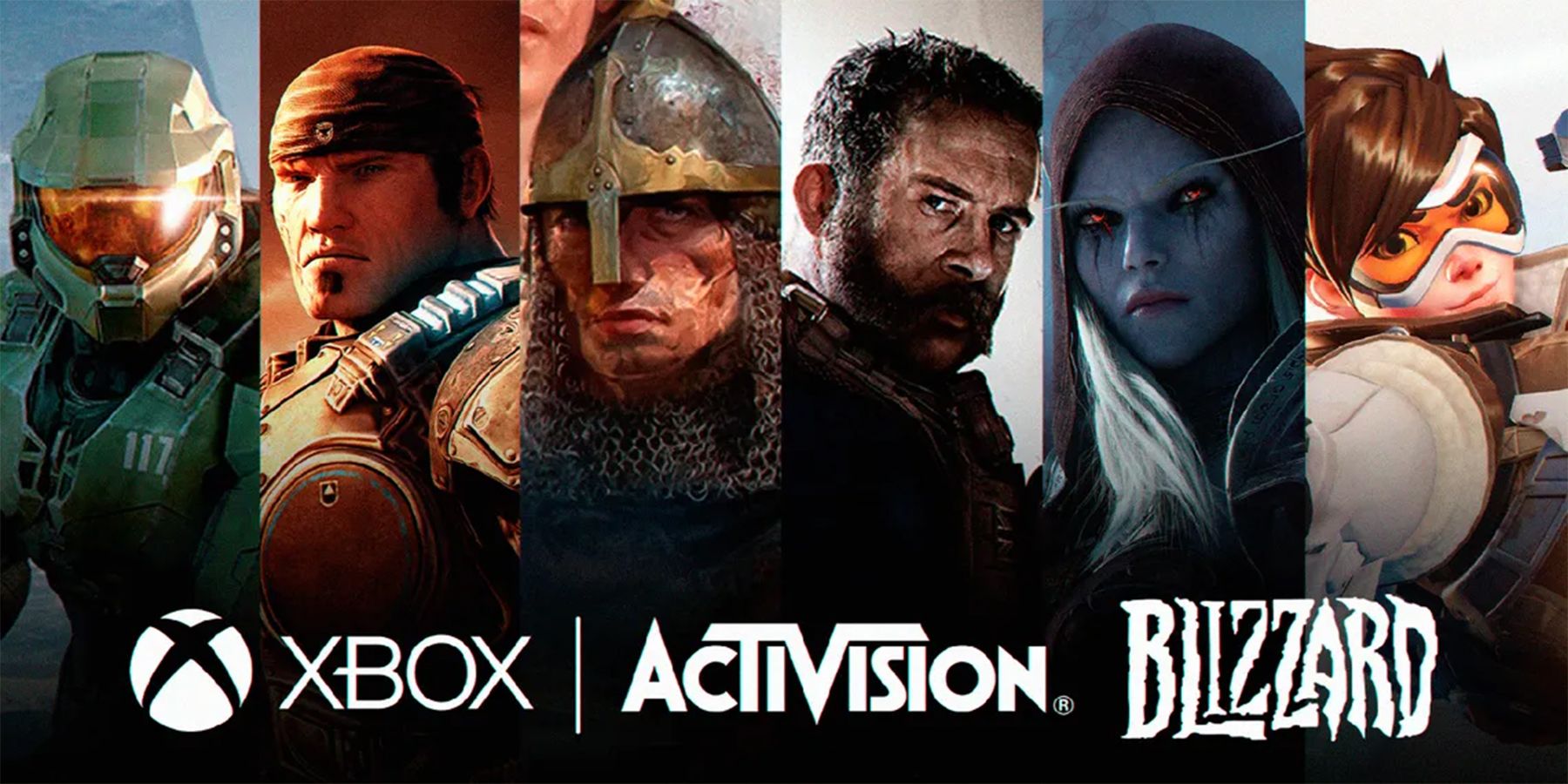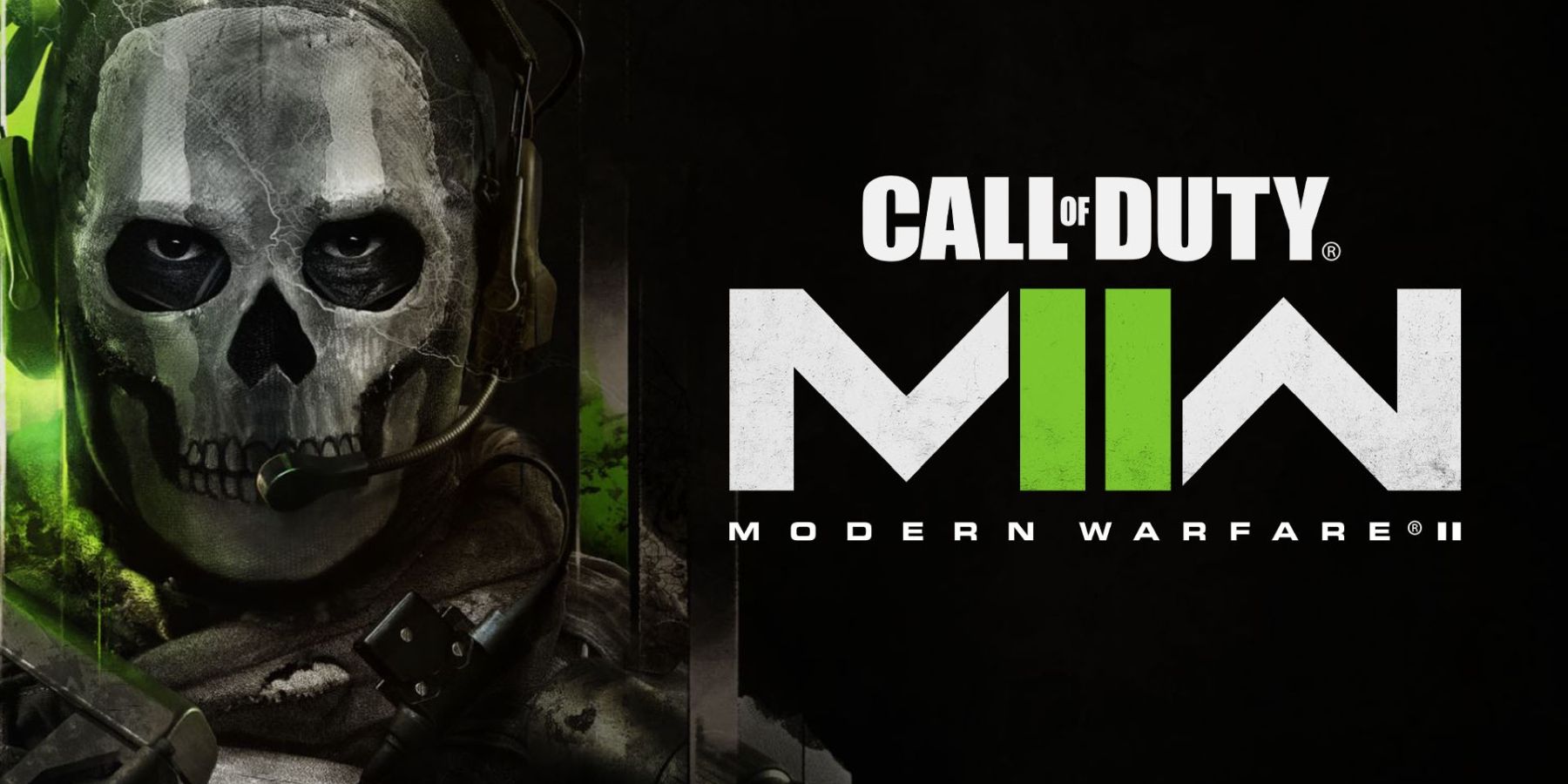Microsoft's legal counsel has issued a response to the Federal Trade Commission's lawsuit with a 37-page document that lays out Microsoft's case for the legality of its purchase of Activision Blizzard. Among many of the arguments in the document, Microsoft accuses the Federal Trade Commission of violating its constitutional rights, including its right to due process and neutral arbitration.
Microsoft's bid to acquire Activision Blizzard could have a major impact on the gaming industry, as Activision Blizzard is responsible for some of the largest franchises in the industry including World of Warcraft and Call of Duty. Call of Duty has long been one of the most popular franchises in the world, and one of the main concerns regarding the acquisition is that Microsoft would have the power to make the franchise an Xbox exclusive which would be a tremendous blow to Sony's PlayStation. Xbox head Phil Spencer has stated that Microsoft has no intention of making Call of Duty exclusive, however, even saying that "Microsoft has entered into a 10-year commitment to bring Call of Duty to Nintendo."
In defense against the FTC's attempt to block Microsoft from purchasing Activision Blizzard, the company's legal counsel put together a lengthy document outlining its issues with the lawsuit. Numerous points accuse the FTC of violating Microsoft's constitutional rights, with Microsoft stating that the proceedings "violate Microsoft’s right to procedural due process under the Due Process Clause of the Fifth Amendment" and violated Microsoft's right to a neutral arbiter "because the Commission has prejudged the merits of the instant action."
The FTC's main concern is that Microsoft will have too much control within the industry particularly when it comes to the Call of Duty franchise. Microsoft believes that concern to be unfounded, arguing that “The acquisition of a single game by the third-place console manufacturer cannot upend a highly competitive industry.” Microsoft claims that a major motivation for the deal was to expand into the mobile market, stating that "Xbox wants to grow its presence in mobile gaming, and three-quarters of Activision’s gamers and more than a third of its revenues come from mobile offerings."
Microsoft also pointed out how it would make no sense to pay billions in order to acquire Call of Duty only to then eliminate its PlayStation-based revenue stream. Additionally, the document mentions how Xbox has continued to support multiplatform games like The Elder Scrolls Online, understanding that it's financially beneficial for multiplayer games to be as broadly accessible as possible.
The FTC has been looking closely at the gaming industry recently, bringing down a record $500 million penalty against Epic Games earlier this month due to violating children's privacy laws and using predatory monetization practices that may have cost Fortnite players millions in unwanted purchases. The FTC also held an investigation into the issue of loot boxes which was prompted by the infamous Star Wars Battlefront 2 loot box controversy in 2019. As the gaming industry continues to expand, regulatory bodies are paying more attention than ever.
Source: Game Informer, Microsoft


